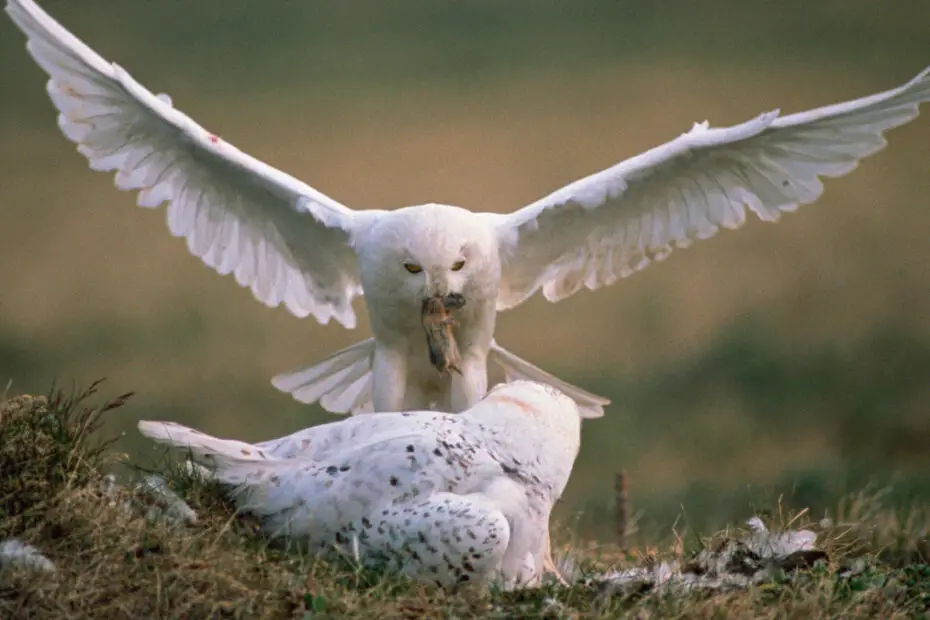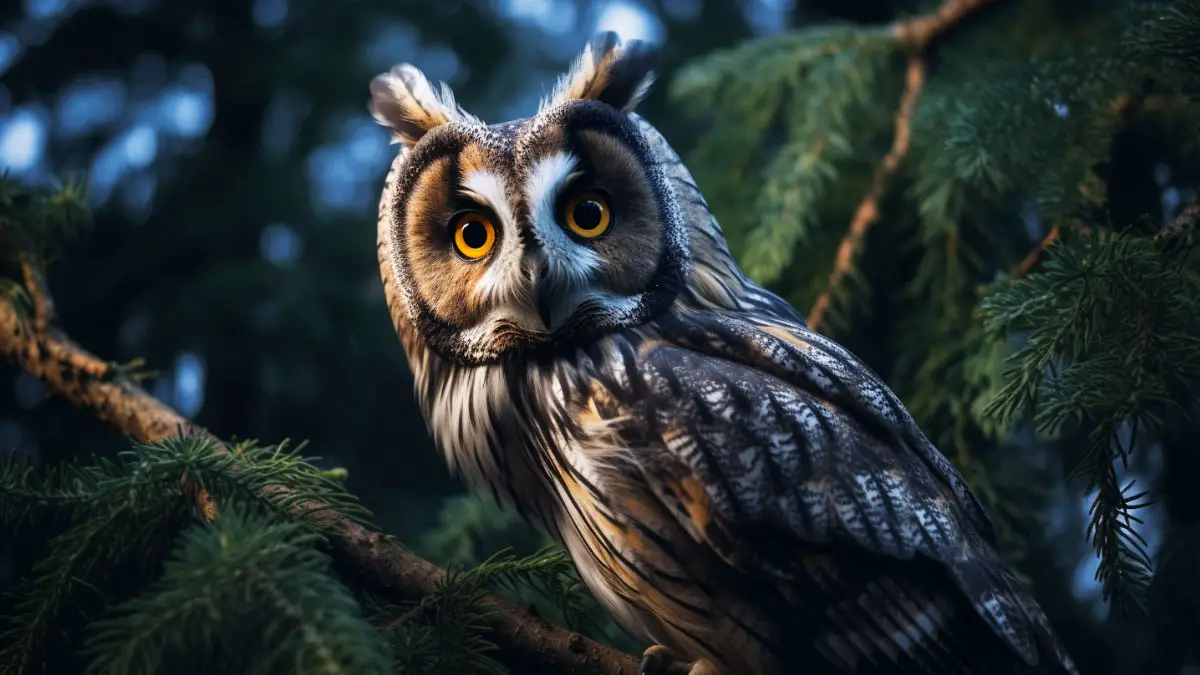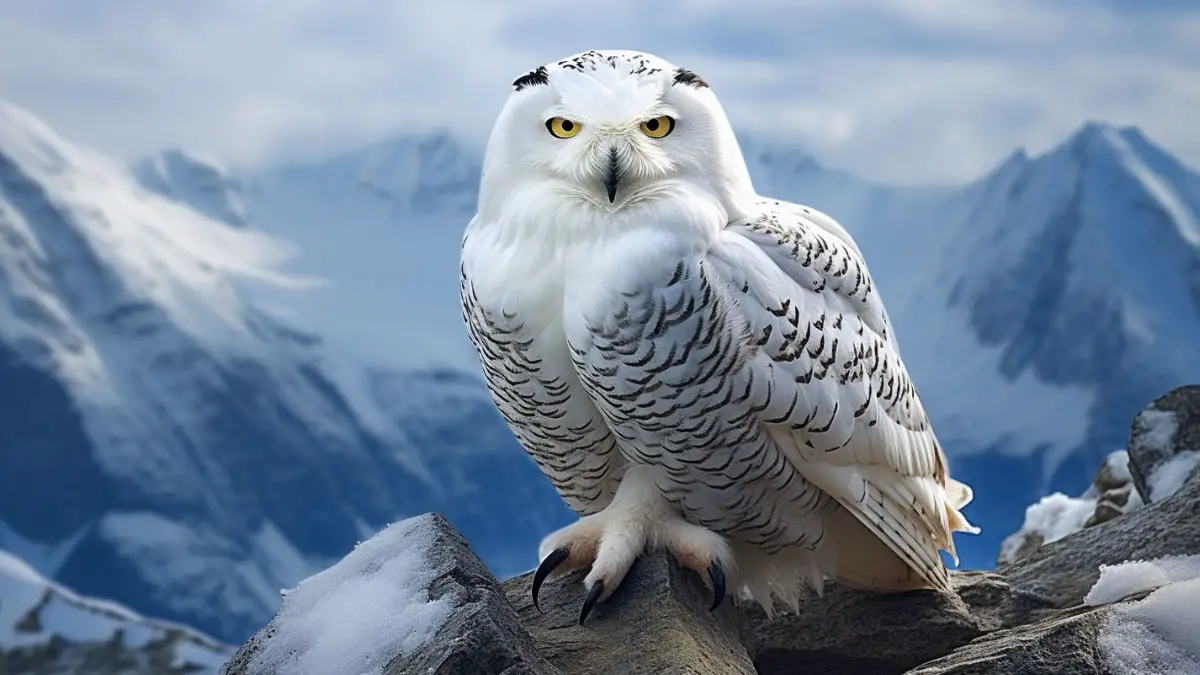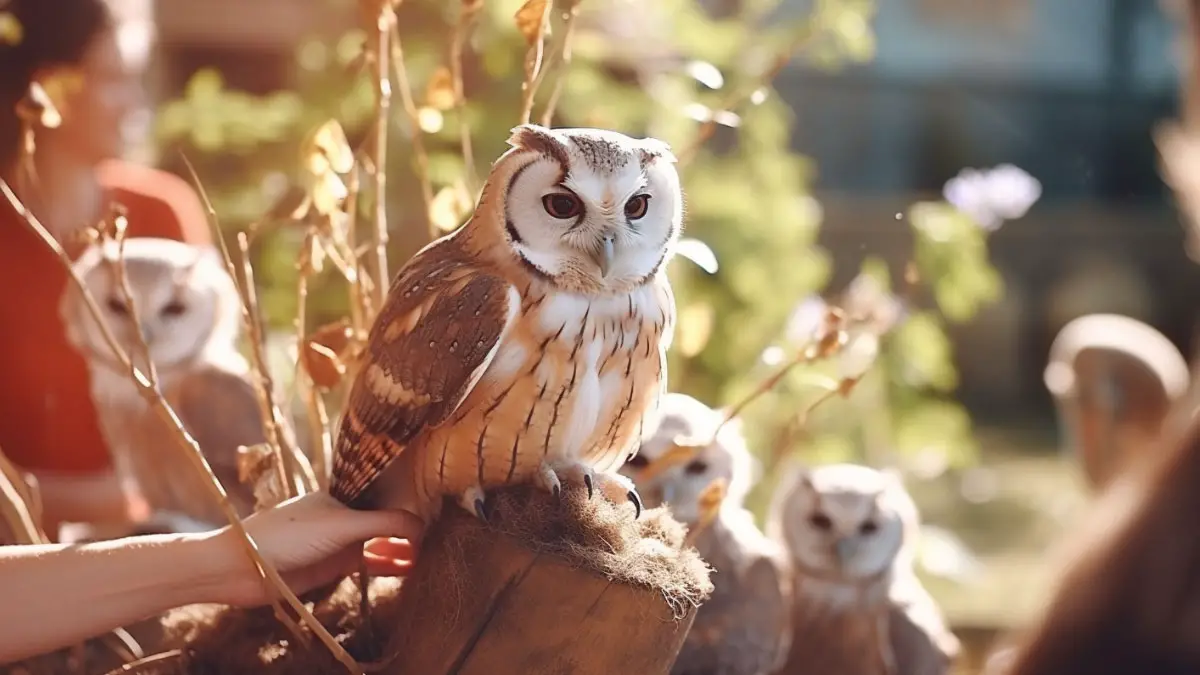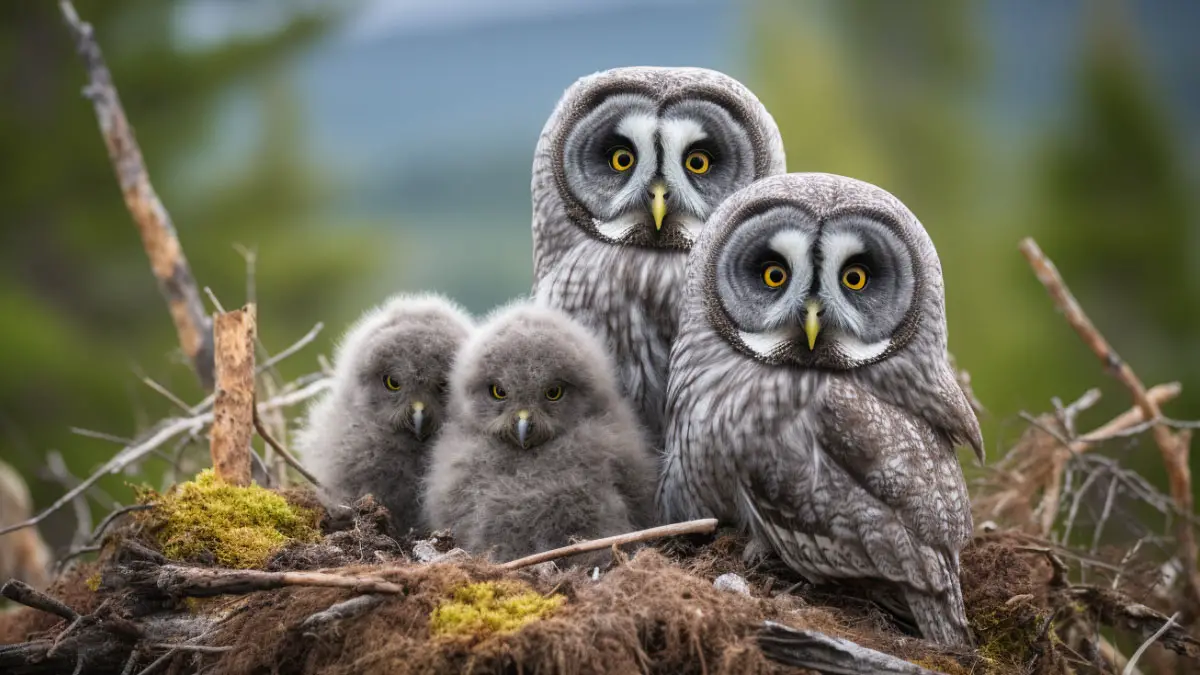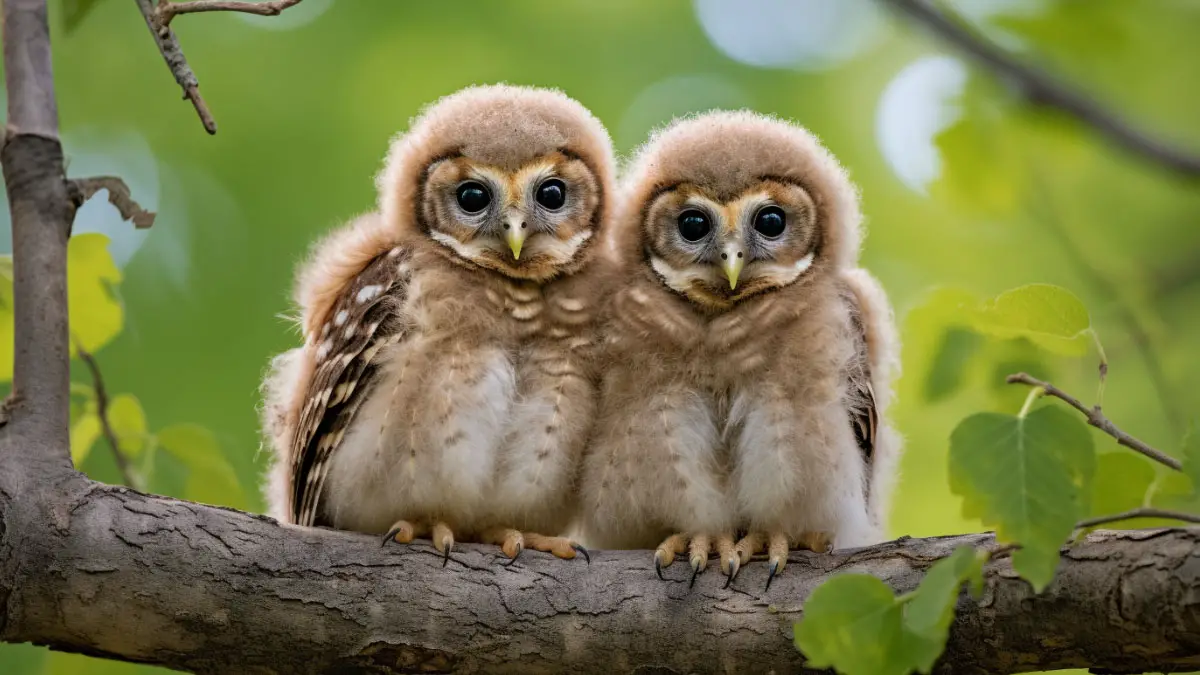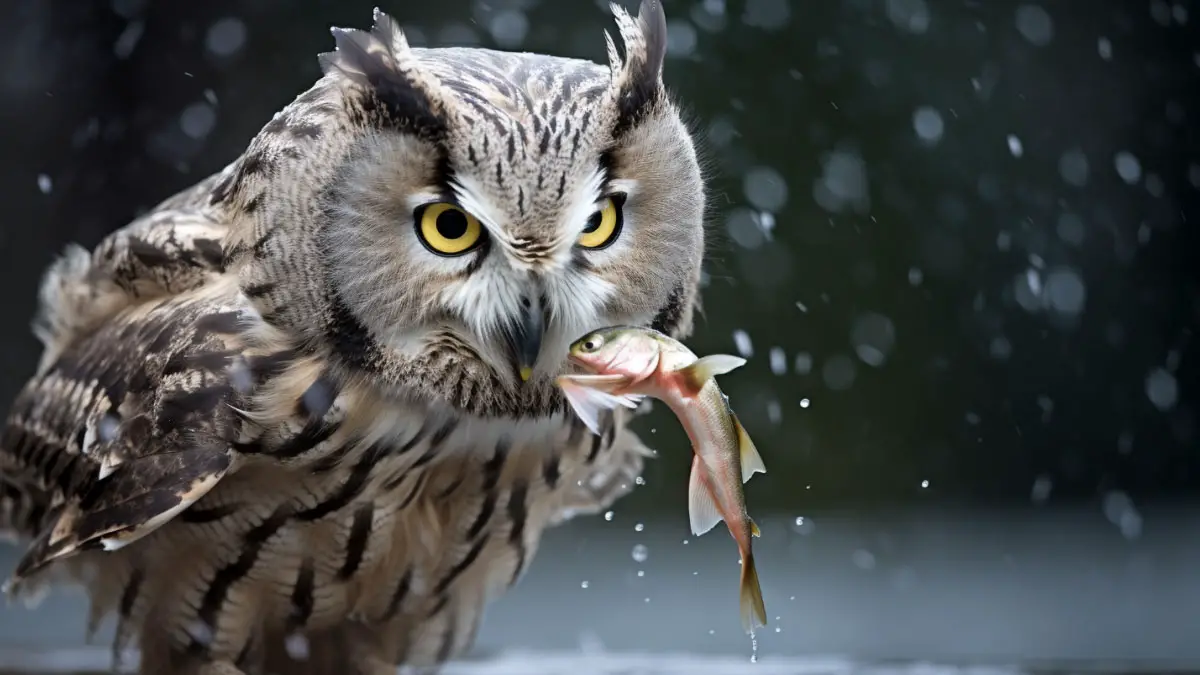All owl species are predators at the top of the food chain that depend exclusively on other animals for food. But even as top-level predators, owls are also prey for other animals.
So, what eats an owl? Some selected mammals, such as foxes, raccoons, coyotes, wildcats, and bears, are known to eat owls. Other owl predators include snakes and birds of prey like hawks and eagles. Larger owl species, like the Great Horned, also eat smaller owls.
However, most of these animals eat owls’ eggs, owlets, and young owls. Interested in learning more? In this blog post, we will discuss everything there is to know about owl predators.
What Eats an Owl?
Although owls are birds of prey or raptors, sometimes, they are unable to successfully defend themselves from other animals. So, below is a list of the animals that eat these predatory birds.
1. Foxes
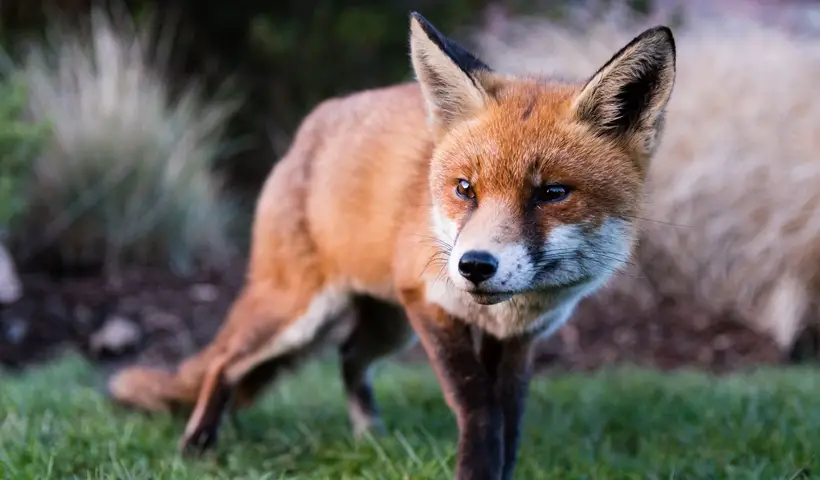
Foxes are not a match for owls’ powerful claws and sharp talons. As such, they are known to take advantage of owl eggs and owlets in unguarded nests. They usually wait for the parents to leave and then invade the nests.
Typically, foxes hunt on baby owls during the spring season, which is the owl’s breeding season. And they mostly prey on the owlets to feed their cubs.
2. Hawks
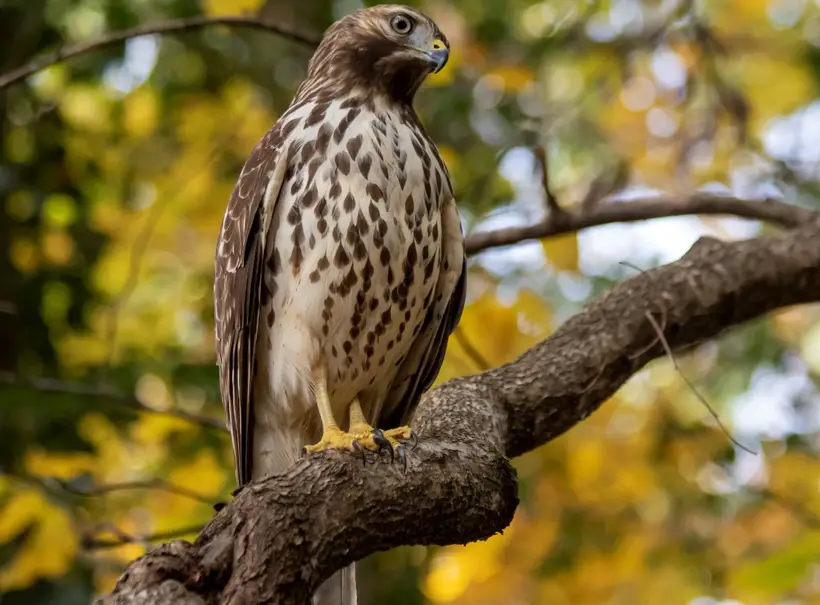
While hawks do eat owls, they don’t actively hunt them. This is because owls are generally larger and stronger than hawks.
Like foxes, hawks usually attack the eggs and nestlings of owls. Hawks also prey on injured, weak, old, or smaller owl species like the Northern Saw-whet owls.
3. Snakes
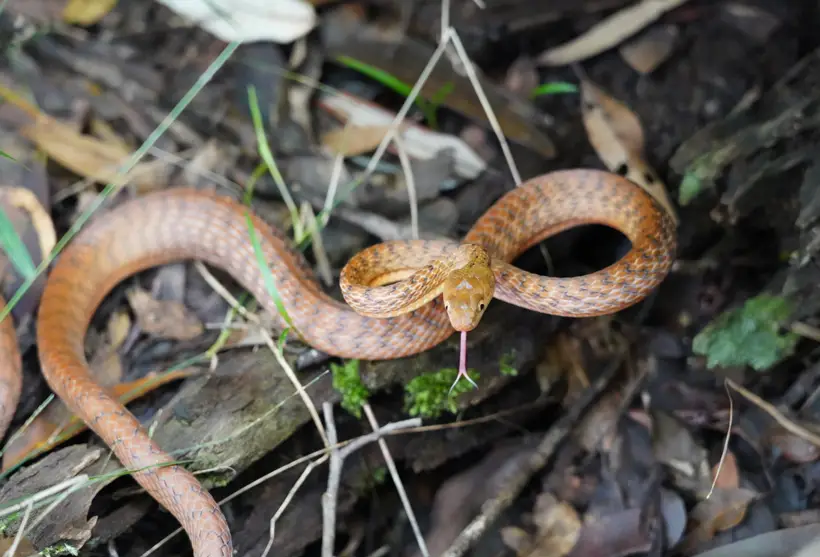
Owls are notorious for eating snakes. Nonetheless, bigger snakes also tend to attack and eat owl chicks, young owls, and the eggs of burrowing owls.
This is because burrowing owls live underground and spend most of their time on the ground. On top of that, they are very active during the day, making them an easy target for snakes.
4. Eagles
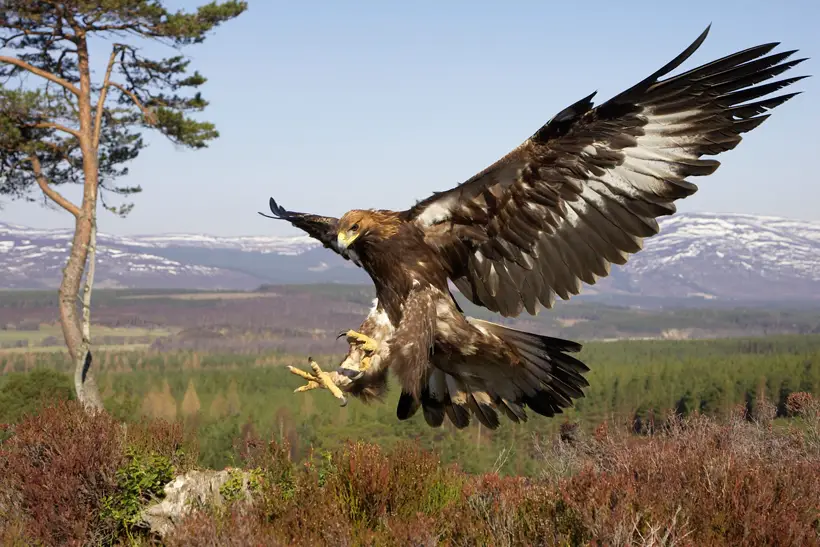
Eagles usually hunt down owls primarily due to territorial disputes and not for food. However, large eagle species, including bald eagles, may occasionally prey on smaller owl species, such as elf owls. They also eat owl eggs in addition to the young and weak owls.
5. Wildcats
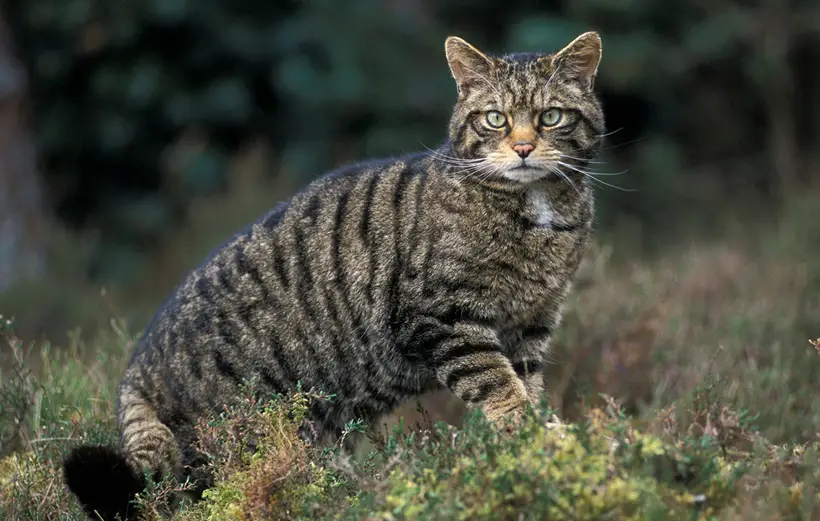
With their stalk and pounce hunting technique, wildcats only attack owl nests to eat their eggs and chicks. However, they only attack the nests when unguarded. Typically, wildcats mostly prey on short-eared owls because they nest on the ground in the open grasslands.
6. Raccoons
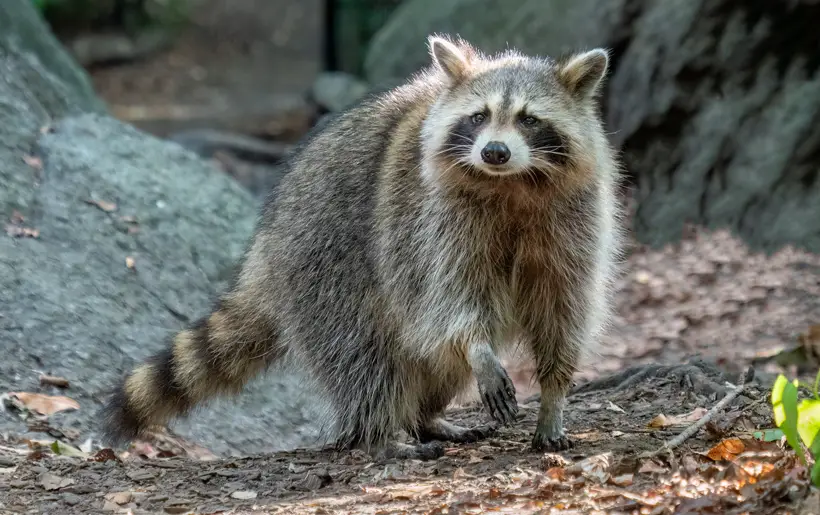
Raccoons are known to eat barn and barred owls. This is because these owl species often nest in tree hollows. And as it turns out, raccoons are excellent tree climbers. However, in most cases, raccoons usually eat weak and young owls in addition to their eggs.
7. Coyotes
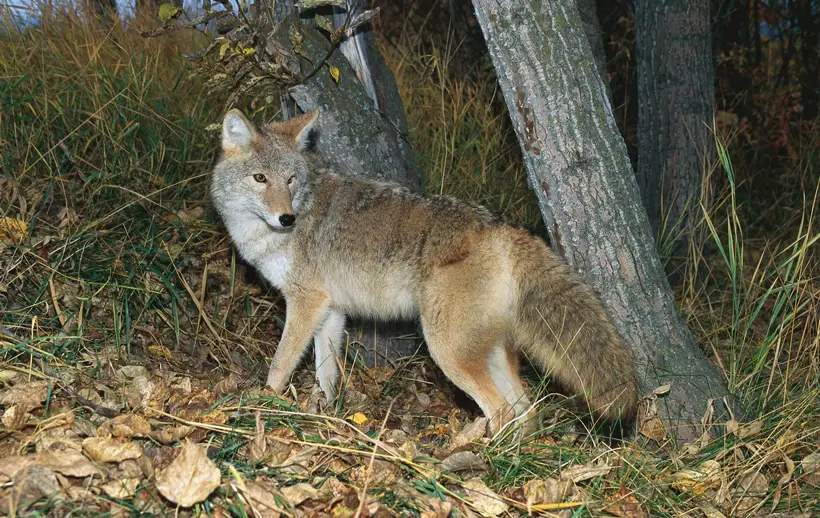
Coyotes are opportunistic omnivores. Therefore, they don’t regularly hunt owls. But if a good opportunity presents itself, a coyote can attack and eat a young, injured, or weak owl and the eggs. This is because, like owls, coyotes are also most active at night.
8. Other Owl Species
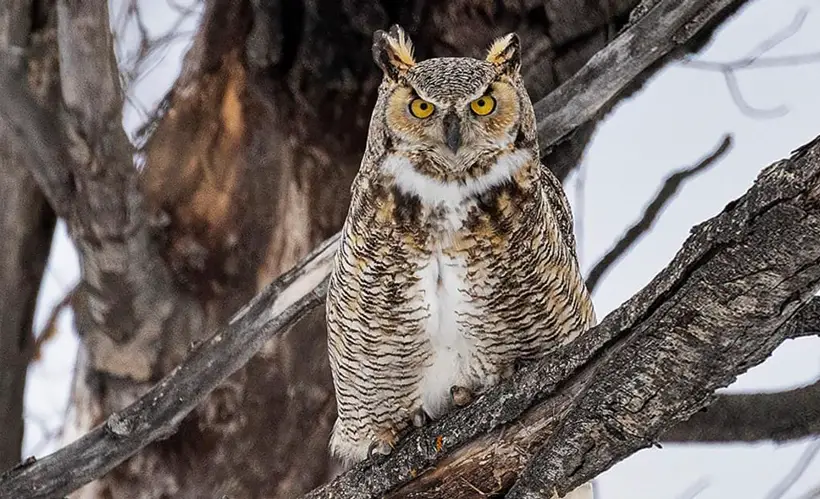
The Great horned owls are fierce predators known for taking large prey. These owl species also eat other smaller owls, such as the Eastern screech. Occasionally, they can eat other great-horned owls.
The Eastern screech owls are also eaten by other owl species, like the barred, snowy, long-eared, and short-eared owls.
9. Weasels
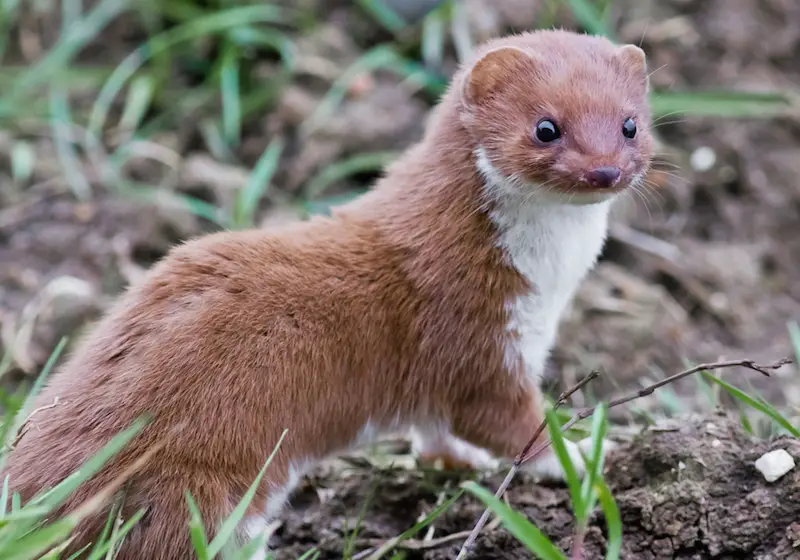
Weasels are nest foraging predators. Therefore, they often prey on baby owls and eggs in their nests. Because of their small size, they cannot hunt and eat adult owls.
10. Bears
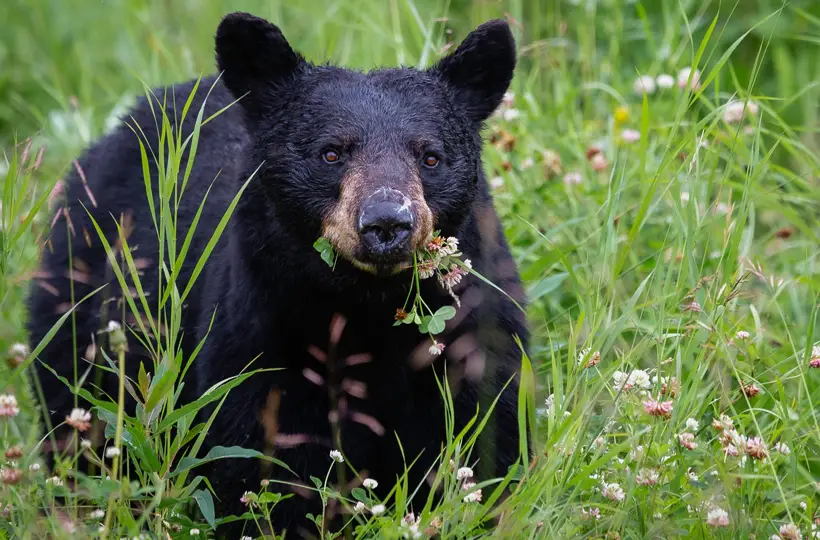
The American black bears are opportunistic eaters. As such, they tend to feed on owls’ eggs and owlets if they are within their reach. And because of the bear’s strength, it is usually almost impossible for the mother owl to defend her chicks.
FAQs
Below, we will respond to commonly asked questions regarding what eats an owl. Check them out.
Yes. Owls are common prey items for lions because of their small size. Not to mention, just like lions, most owl species are nocturnal, mostly hunting at night. However, lions don’t actively hunt for owls.
No. Crows generally attack owls to minimize their predation risk but not to eat them. This is because owls often attack crows’ hatchlings and their eggs.
Humans don’t eat owls. However, they are the most dangerous predators owls face. This is because although it is unlawful for people to hunt and shoot owls, some individuals still do it.
Bottom Line
Owls are top predators. As such, very few animals hunt them for food. Some common animals that eat owls include foxes, hawks, snakes, raccoons, coyotes, wildcats, and bears. Birds of prey like hawks, eagles, and other owl species also prey on owls.
However, owls have sharp and long talons they use to defend themselves against predators. For this reason, most prey animals only eat young owls, owlets, and owls’ eggs. They also feed on weak, injured, or old owls when the opportunity arises.
